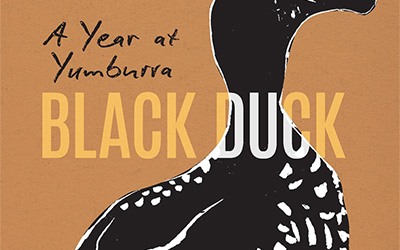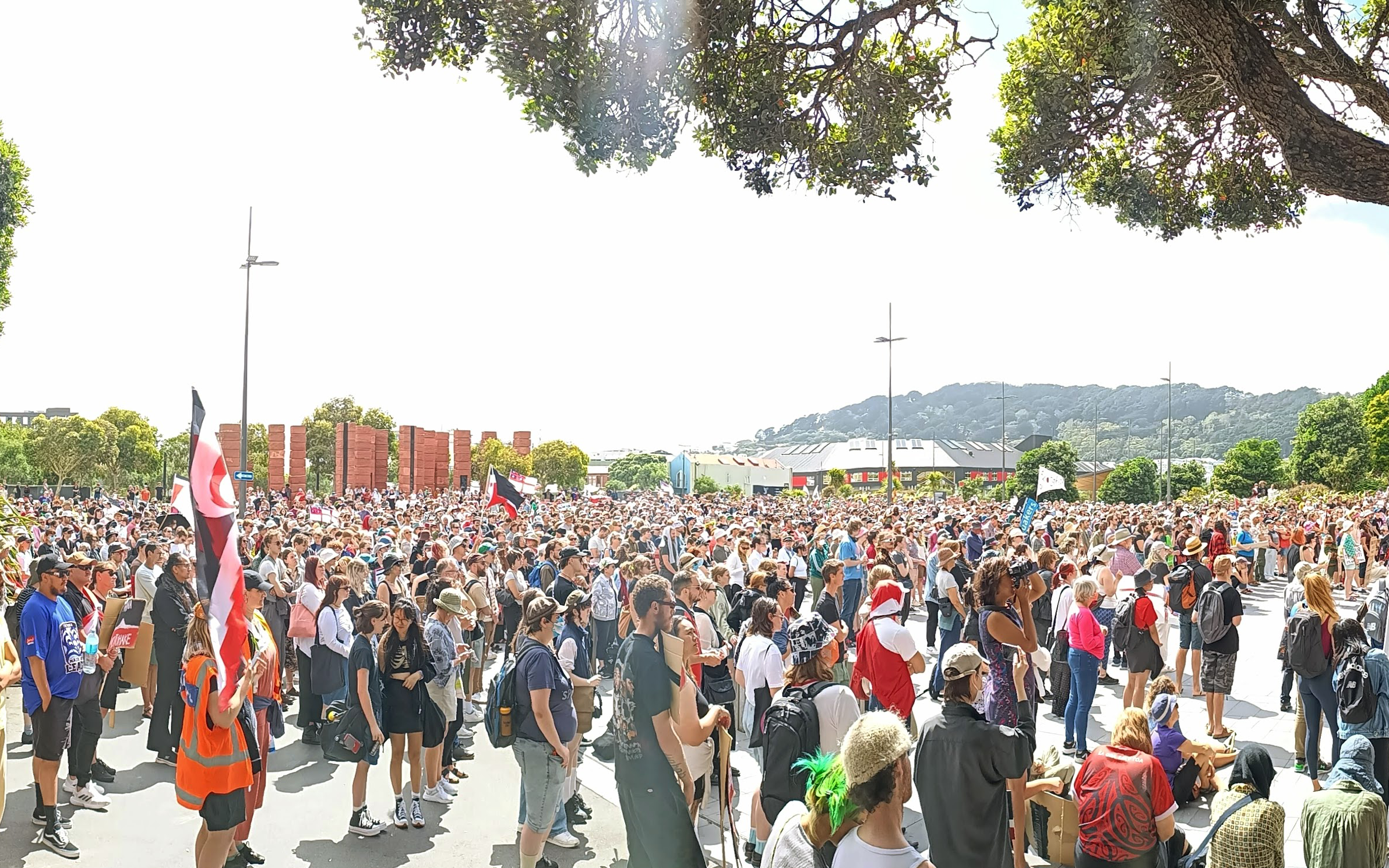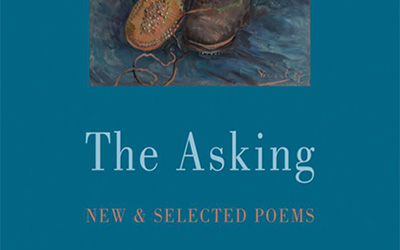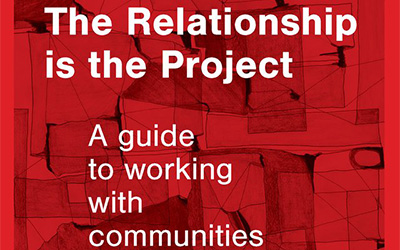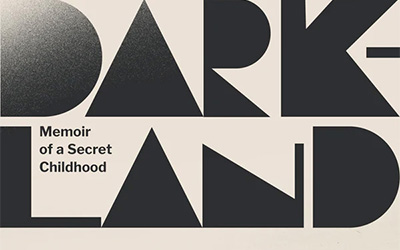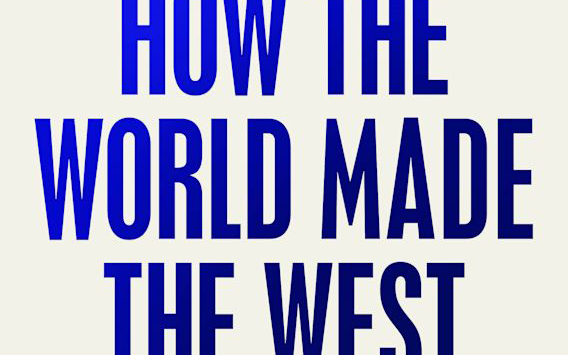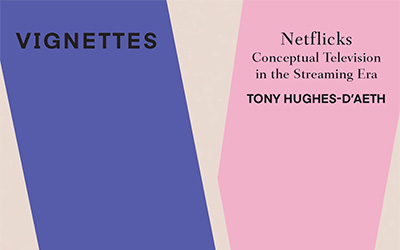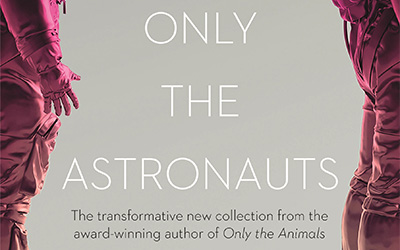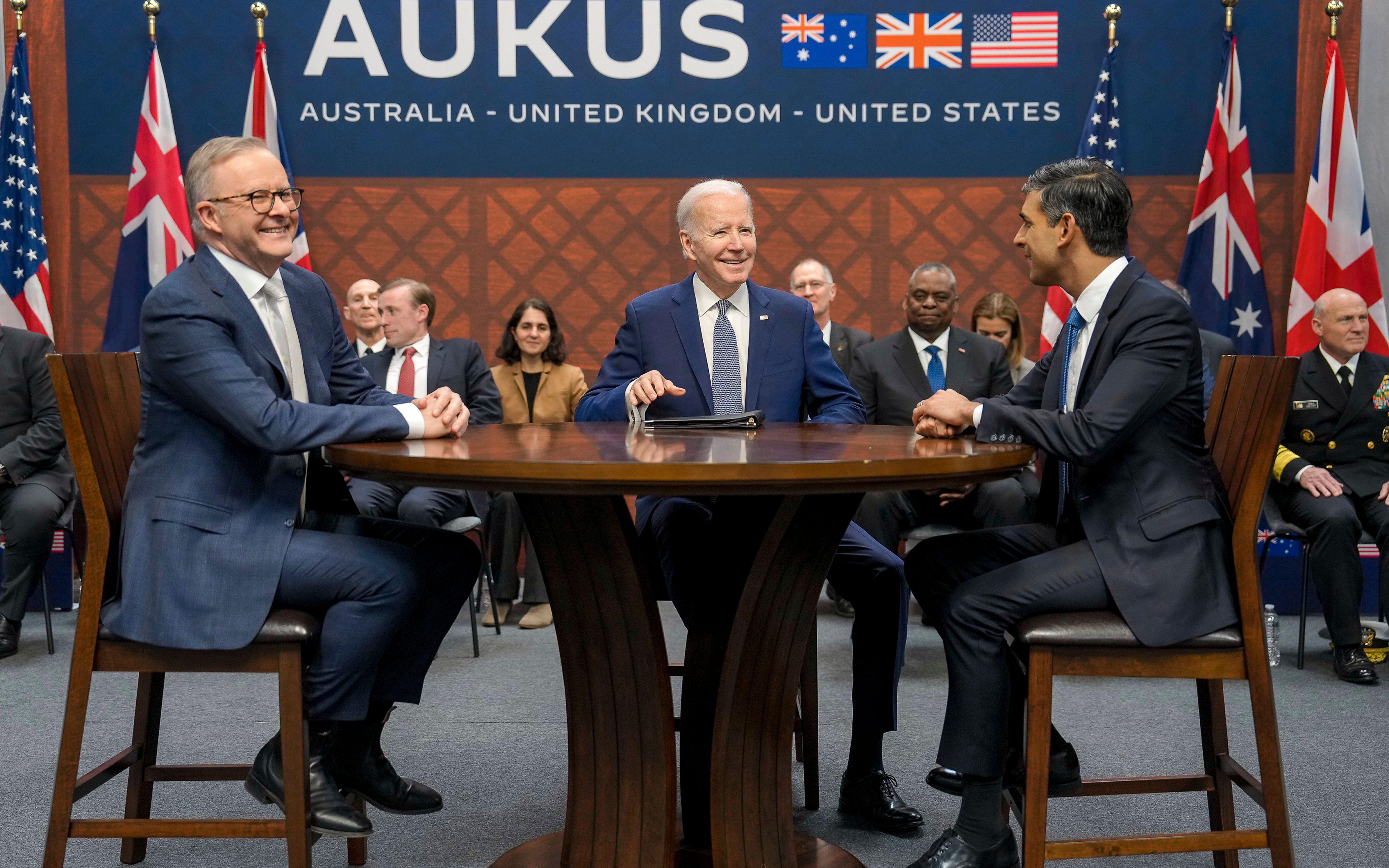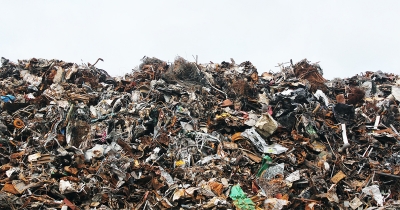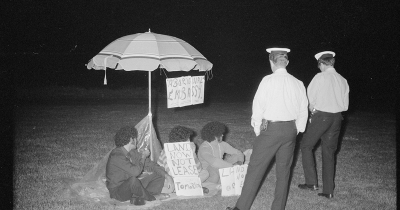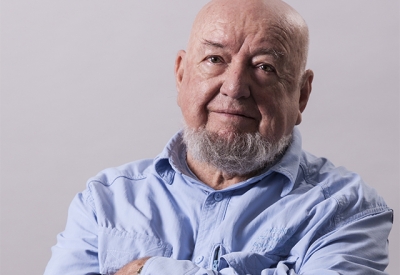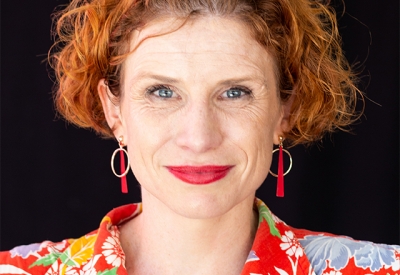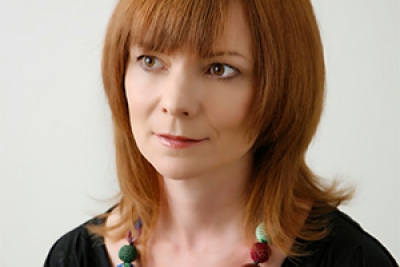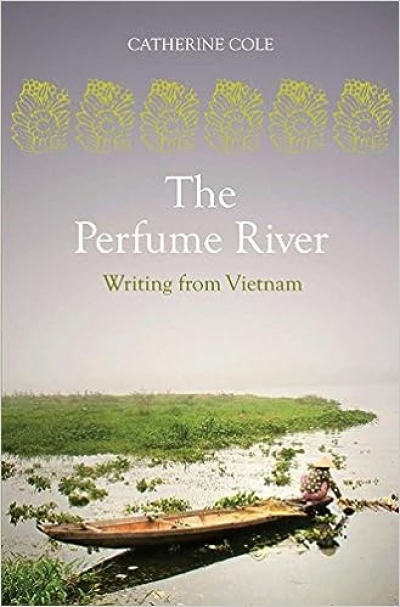Memoir
Black Duck: A year at Yumburra by Bruce Pascoe with Lyn Harwood
by Seumas Spark
I'm a whitefella who has never met Bruce Pascoe, but I’ve heard a lot about him. For the past few years, I have worked across Gippsland in the field of Aboriginal cultural heritage, and many of the people I meet mention his name. Experience has led me to try and dodge most of these conversations, knowing that our discussion will probably satisfy neither party, but I’m not having much luck. People want to talk about Pascoe, and often it is unpleasant. I have heard him described as a charlatan and worse, usually by those who have not met him, spoken with him, or read his work. Most of these critics are whitefellas, preoccupied with questioning or discrediting his Aboriginal heritage.





